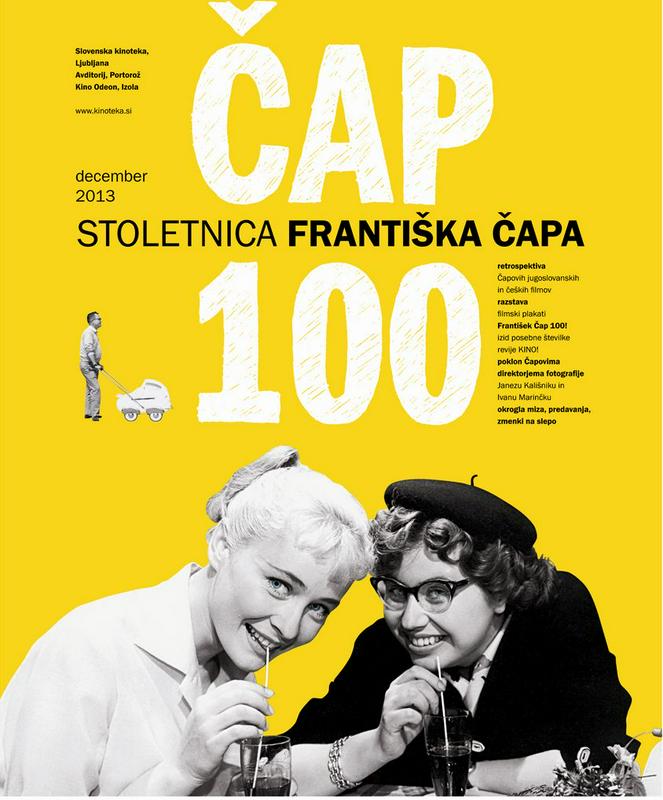
A Czech filmmaker reinvented Slovenia’s film industry – and then died all but forgotten in the coastal town of Piran.
Born in 1913 in the small Czech town of Čelákovice, František Čáp made a name for himself as a supremely competent director and screenwriter at a young age. His films found large audiences in Czechoslovakia and were even shown at the Venice and the Cannes film festivals.
In 1948, however, Čáp fell out with the newly established Communist government in his native country. At the same time, authorities in Slovenia were busy setting up a film industry but were held back by a lack of experienced homegrown filmmakers. Čáp turned out to be a perfect match, and after a brief stint in Germany, was invited by Branimir Tuma, the president of Triglav Film, to become the studio’s newest movie director.
In just a few years, Čáp succeeded in redefining the Slovenian film industry, which had previously focused largely on World War II. Čáp’s first feature, a 1953 romantic comedy titled Vesna, became a sensation throughout Yugoslavia. Reminiscent of prewar Hollywood films, it succeeded in bringing a touch of glamor to Slovenian filmmaking, and its stars became instant celebrities – they were even received by President Tito. Vesna was such a success at the box office that it spawned Slovenia’s first sequel, Don’t Wait until May (Ne čakaj na maj), featuring the original cast. Čáp’s directorial skills helped to make the movie’s stars and music a part of Slovenian popular culture.
Čáp even managed to redefine more established genres. His 1955 film Decision Points (Trenutki odločitve) was set during World War II, but unlike most previous Partisan films, it focused on the psychology of the protagonist – his decision-making process as well as his wavering ideology.
Čáp went on to direct several other films, including the Slovenian comedy Our Car (Naš avto), the Croatian thriller X-25, and several German films, but his career as a successful director soon came to an end.
There were several reasons for Čáp’s marginalization. Some of his colleagues resented him because he was a foreigner, while others blamed him for being too commercial. And in an era where few prominent people were openly gay, Čáp’s homosexuality made him even more of an outsider.
Because he found it difficult to find work, Čáp faced increasing financial difficulties. Having moved to the coastal town of Piran, he resorted to raising chickens in order to make a living.
Čáp died in 1972, all but forgotten by the Slovenian cultural establishment. However, his films lived on. Rediscovered by younger generations, they are considered classics --perhaps the best-known films in Slovenian history --, and attract large audiences on television and DVDs. Ultimately, they brought immortality to an unorthodox director who had always remained an outsider.


































































